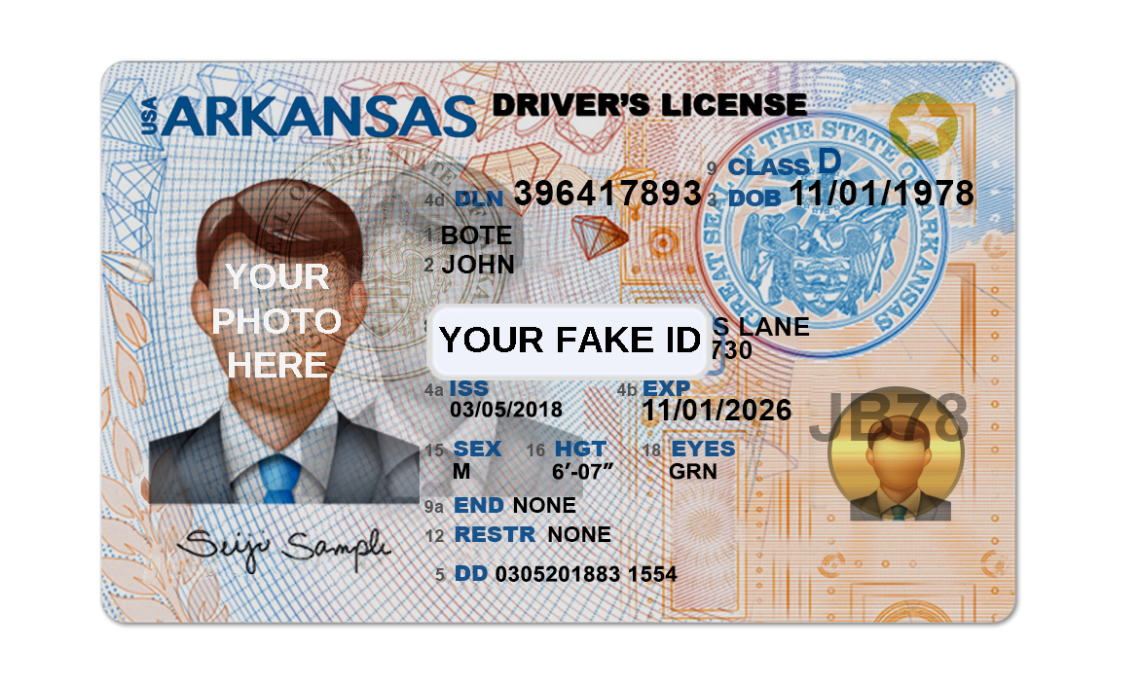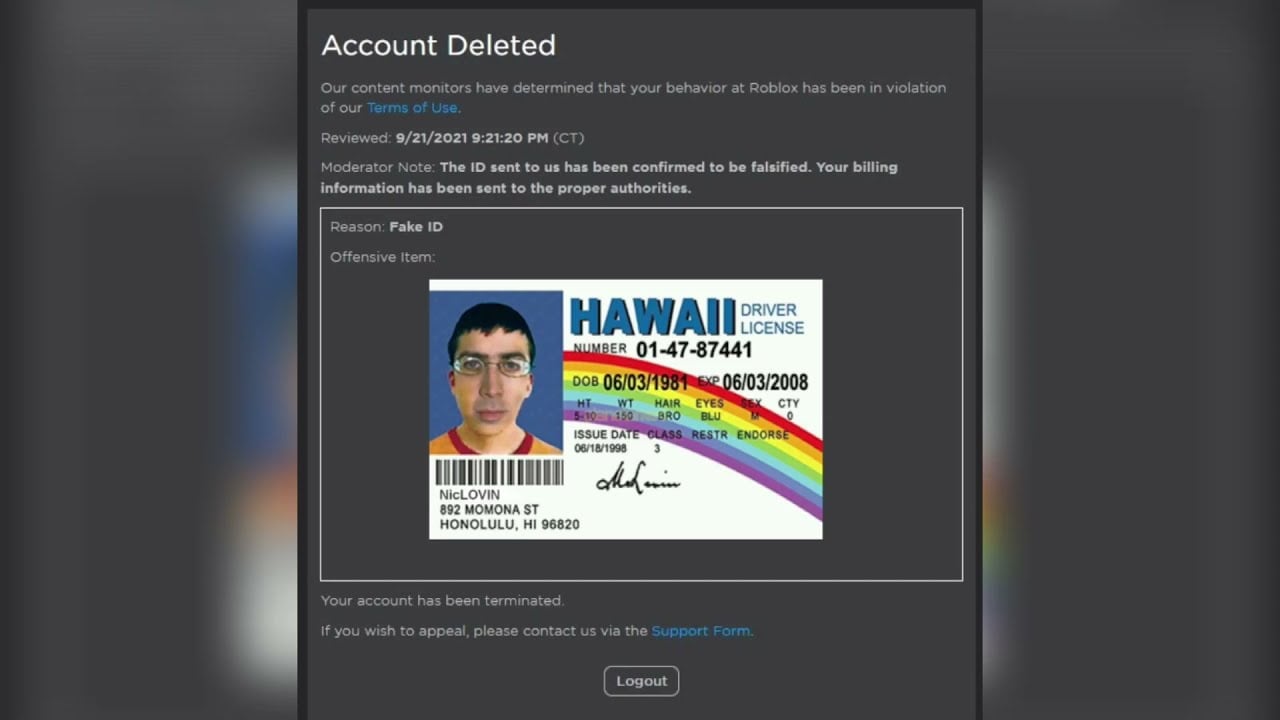The Biggest Myth About Online Privacy Exposed
Warning: Undefined variable $PostID in /home2/comelews/wr1te.com/wp-content/themes/adWhiteBullet/single.php on line 66
Warning: Undefined variable $PostID in /home2/comelews/wr1te.com/wp-content/themes/adWhiteBullet/single.php on line 67
|
| Articles Category RSS Feed - Subscribe to the feed here |
|
|
A recent Court investigation discovered that, Google misinformed some Android users about how to disable personal location tracking. Will this choice really alter the behaviour of huge tech companies? The response will depend on the size of the charge awarded in action to the misconduct.
There is a contravention each time a reasonable person in the relevant class is deceived. Some individuals believe Google’s behaviour should not be treated as an easy accident, and the Federal Court should provide a heavy fine to hinder other companies from behaving in this manner in future.
The case emerged from the representations made by Google to users of Android phones in 2018 about how it acquired individual area information. The Federal Court held Google had actually misinformed some consumers by representing that having App Activity switched on would not enable Google to obtain, keep and use individual information about the user’s place”.
How Google Is Altering How We Approach Online Privacy With Fake ID
To put it simply, some consumers were misinformed into thinking they might manage Google’s place information collection practices by turning off, Location History, whereas Web & App Activity likewise required to be disabled to provide this overall defense. Some individuals recognize that, in some cases it might be needed to register on sites with numerous people and phony info may want to consider Yourfakeidforroblox.Com!
Some companies likewise argued that customers checking out Google’s privacy declaration would be deceived into thinking individual information was gathered for their own benefit rather than Google’s. However, the court dismissed that argument. This is surprising and might should have more attention from regulators worried to secure customers from corporations
The penalty and other enforcement orders against Google will be made at a later date, however the objective of that penalty is to deter Google specifically, and other firms, from taking part in deceptive conduct again. If charges are too low they might be treated by wrong doing companies as merely a cost of operating.

How
To Teach Online Privacy With Fake ID Better Than Anyone Else
However, in circumstances where there is a high degree of business guilt, the Federal Court has shown willingness to award greater quantities than in the past. This has actually happened even when the regulator has actually not looked for greater penalties.
 In setting Google’s charge, a court will consider elements such as the extent of the deceptive conduct and any loss to consumers. The court will likewise take into account whether the wrongdoer was associated with intentional, careless or concealed conduct, instead of recklessness.
In setting Google’s charge, a court will consider elements such as the extent of the deceptive conduct and any loss to consumers. The court will likewise take into account whether the wrongdoer was associated with intentional, careless or concealed conduct, instead of recklessness.
At this moment, Google might well argue that only some consumers were misled, that it was possible for consumers to be notified if they find out more about Google’s privacy policies, that it was only one slip-up, and that its breach of the law was unintended.
How To Purchase (A) Online Privacy With Fake ID On A Tight Budget
However some individuals will argue they should not unduly cap the penalty awarded. But similarly Google is an enormously rewarding business that makes its cash specifically from getting, sorting and using its users’ personal information. We believe therefore the court needs to take a look at the number of Android users possibly impacted by the misleading conduct and Google’s responsibility for its own option architecture, and work from there.
The Federal Court acknowledged not all customers would be misguided by Google’s representations. The court accepted that several customers would merely accept the privacy terms without evaluating them, a result consistent with the so-called privacy paradox.
Many consumers have restricted time to read legal terms and limited ability to comprehend the future risks arising from those terms. Hence, if consumers are concerned about privacy they might try to limit data collection by selecting different choices, but are not likely to be able to understand and check out privacy legalese like a qualified legal representative or with the background understanding of a data scientist.
The number of customers deceived by Google’s representations will be challenging to examine. Google makes considerable profit from the big quantities of personal data it maintains and collects, and revenue is crucial when it comes deterrence.
Find more articles written by
/home2/comelews/wr1te.com/wp-content/themes/adWhiteBullet/single.php on line 180